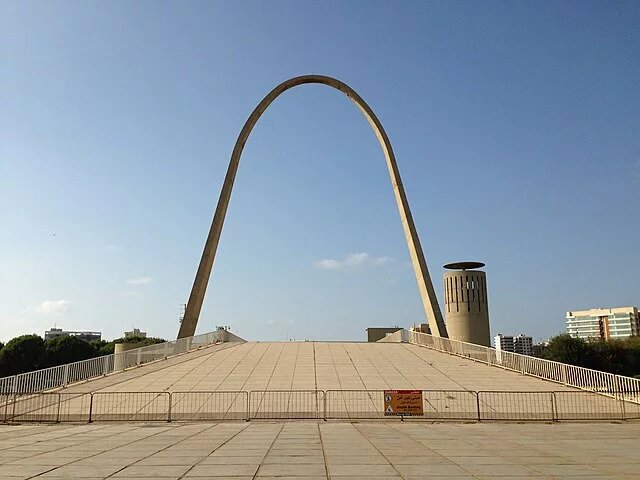After the Constitutional Council annulled the parliamentary membership of al-Mustaqbal Movement MP Dima Jamali after an appeal submitted by rival Taha Naji, Tripoli had to hold bi-elections to reelect a member to fill the Sunni seat.

The by-elections in Tripoli was set on the 14th of April, 2019. These elections were called by the Constitutional Council alleging that, were it not for irregularities and violations that were witnessed during the parliamentary elections that were held in May 2018, the results would have been different. Many voting irregularities and more than 2,400 critical violations in various districts across the country were documented according to LADE’s observers during the parliamentary elections. Several appeals were presented to the Constitutional Council. Following a nine-month period, the Council rejected all appeals, except one, annulling the election of Dr. Dima Jamali to one of the Sunni seats in Tripoli.
By elections had to take place since the 44/2017 Electoral Law states that when any seat becomes vacant due to sudden death, resignation or annulment of the membership of a candidate, the Ministry of Interior shall schedule by-elections within a two-month period to fill the vacant position.
There were eight candidates, including Jamali, competing for the post. Other than Jamali herself, the candidates were Nizar Zakka -- who is currently imprisoned in Iran-- former MP Misbah Ahdab, Yahya Mawloud, Talal Kabbara, Omar al-Sayyed, Hamed Amcha and Mahmoud al-Samadi. Samadi withdrew his candidacy one week before the elections, pledging his support for Jamali. Another candidate who also withdraw his candidacy is Samer Kabbara, the nephew of MP Mohammad Kabbara. Yet, the names of the two candidates who withdrew remained on the ballot since they stepped down after the April 3 deadline set for withdrawal. Notably absent was Taha Naji, who had filed the appeal against Jamali’s election after he ran for the seat in May.
On the day of the by-elections, no more than 13 percent of the eligible voters casted their votes. In spite of that, Jamali won with the backing of Prime Minister Hariri and the endorsement of the major political powers in Tripoli, including the former Prime Minister Najib Mikati and former ministers Mohammad Safadi and Ashraf Rifi. She obtained the highest number of votes (a total of 19,387 vote). The dismal turnout came as a surprise to many although by-elections typically have low turnouts. The fact that only one out of eight eligible voters showed up at the polling stations cannot be overlooked in spite of the low turnout in the general elections of 2018, which was 40 percent, this number being eight percent lower than in the 2009 elections.
The question that is on every analyst’s mind is how to interpret this extremely low turnout. The supporters of Hariri would argue that the result was a foregone conclusion and supporters did not see the urge to vote. Supporters of the other side would contrarily argue that voters who did not participate intended to send a strong signal to Hariri as well to his allies that they have little confidence in their election promises which have remained unrealized for decades.
But irrespective of the reasons for the meager turnout, the candidate supported by the majority of political figures in Tripoli came on top. For many people in Tripoli and in Lebanon at large, this can only endorse their conviction that real change in the country is still a far away dream.